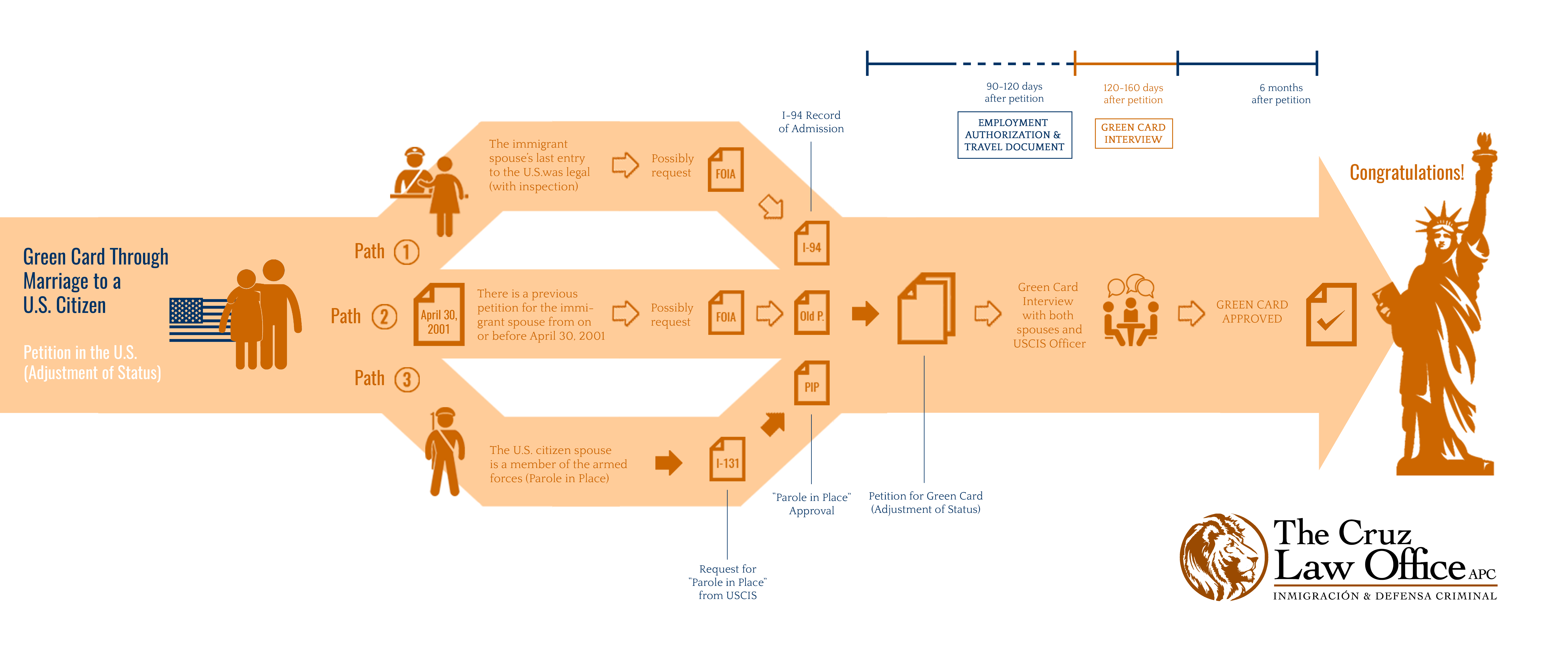How a Freedom of Information Act (FOIA) Request can help your Immigration Case

This article explains what a Freedom of Information Act (FOIA) request is, how it can help your immigration case, and why it is important for you to choose an immigration lawyer that is well informed on FOIA requests.
To successfully represent our clients and create the best possible strategy in their specific case, we need to know as much as possible about their immigration and criminal history. It is especially important that we know at least as much as the government agencies know.
Frequently Asked Questions about Freedom of Information Act (FOIA)
- What is a FOIA request?
- Why is a FOIA request important to your immigration case?
- What are the risks of filing an immigration FOIA request?
- What are the risks of NOT filing an immigration FOIA request?
- Why is it important to choose an immigration lawyer who is familiar with immigration FOIA requests?
- How long does it take to receive the information after filing an immigration FOIA request?
- Can an immigration FOIA request be expedited?
What is a Freedom of Information Act (FOIA) request?
In 1966, Congress enacted the Freedom of Information Act (FOIA) to give the public the right to request access to the records with federal government agencies. The government agency is obliged to provide the information requested unless it is protected by an exemption, such as information relevant to national security or law enforcement purposes, or private information on another person.
Our law office has extensive experience in filing FOIA requests with different government agencies such as the United States Citizenship and Immigration Services (USCIS), Immigration and Customs Enforcement (ICE), or the Federal Bureau of Investigation (FBI). Therefore, our immigration lawyers can assist you in filing a FOIA request to obtain all your immigration and criminal records held by any government agencies.
Why is a Freedom of Information Act (FOIA) request important to your Immigration case?
Knowing your own immigration and criminal history is not only important to build a strong case strategy, but it is also important to ensure that no step you take in your current case worsens your legal situation in the U.S.
You may know all facts that are relevant to your immigration case, however, some individuals’ circumstances are more complicated. For example, if you have lived in the U.S. illegally for a long time or if you entered illegally several times, it may be difficult for you to remember the exact dates and circumstances of your entries and exits. Obtaining this information is important when choosing the right strategy in your immigration case as some immigration benefits may require a waiver for immigration or criminal violations.
A FOIA request can be very helpful if you are not sure about your immigration and criminal history. We can prevent you from paying to apply for an immigration benefit that is not available to you and protect you from losing immigration benefits or even being removed when providing personal information in an immigration application.
What are the risks of filing an Immigration FOIA request?
he Department of Homeland Security states that the information you provide may only be used to locate the information you requested and provide it for you.
To our knowledge, no action has ever been taken to arrest an immigrant based on a FOIA request, even if the immigrant’s record indicated that he or she is an enforcement priority.
If you are nevertheless concerned about providing your home address, you can choose to provide a mailing address, such as a post office box, instead.
What are the risks of NOT filing an Immigration FOIA request?
Unless you remember your immigration and criminal history, it is always best to file a FOIA request. This may potentially have serious consequences if you choose to pursue the wrong strategy for your immigration case:
Losing the opportunity to build the strongest possible case
Knowing everything about your immigration and criminal history is important to identify which immigration options are available. Even if you think your options are limited, an experienced immigration lawyer may be able to help you identify new opportunities with the help of a FOIA request. For example, if you have already been in immigration proceedings and have been ordered removed by an immigration judge, it may still be possible to re-open deportation proceedings and obtain benefits under the law. Through a FOIA request, relevant court records and recordings can be requested so that your immigration lawyer can evaluate them.
Losing money and time when applying for an immigration benefit that is unavailable to you
Unfortunately, your immigration or criminal history may prevent you from applying for an immigration benefit such as a U-Visa or a Green Card. In some cases, however, it is possible to ask the government to waive these incidents in order to proceed with your application for an immigration benefit. If your immigration lawyer is aware of your immigration history, he or she can advise you which immigration benefits are available to you and which waivers you are eligible to file with your application. Being in the know can thus save you the time, effort, and money you might otherwise spend on unsuccessful applications.
Losing immigration benefits or being removed from the U.S.
In the worst case, applying for immigration benefits when you have unfavorable criminal or immigration history may put you at risk. For example, if your fingerprints are taken for a family-based Green Card application, ICE will compare your fingerprints with their database and may decide to deport you based on negative immigration or criminal history. With a FOIA request, you can avoid this risk because you and your immigration lawyer will examine the records related to your immigration and criminal history.
What is a FOIA request?
In 1966, Congress enacted the Freedom of Information Act (FOIA) to give the public the right to request access to the records with federal government agencies. The government agency is obliged to provide the information requested unless it is protected by an exemption, such as information relevant to national security or law enforcement purposes, or private information on another person.
Our law office has extensive experience in filing FOIA requests with different government agencies such as the United States Citizenship and Immigration Services (USCIS), Immigration and Customs Enforcement (ICE), or the Federal Bureau of Investigation (FBI). Therefore, our immigration lawyers can assist you in filing a FOIA request to obtain all your immigration and criminal records held by any government agencies.
How long does it take to receive the information after filing an Immigration FOIA request?
It depends on the circumstances of your case. Depending on your personal history, you may need to file a simple or a complex Freedom of Information Act (FOIA) request with one or with several government agencies. Moreover, all government agencies process FOIA requests differently. Therefore, you will receive the information requested under FOIA at different times. In our experience, the most complicated FOIA requests we file, on behalf of our clients, may take up to 12 months.
Can an Immigration Freedom of Information Act (FOIA) request be expedited?
Under certain circumstances, expedited processing of FOIA requests is available. For immigration-related FOIA requests, these circumstances are given when the immigrant filing the FOIA request is currently in immigration removal or deportation proceedings.
Legal Disclaimer: Nothing in this website should be taken as legal advice for an individual case or situation. The information is intended to be general and should not be relied upon for any specific situation.
For more information about Freedom of Information Act (FOIA), contact The Cruz Law Office.



